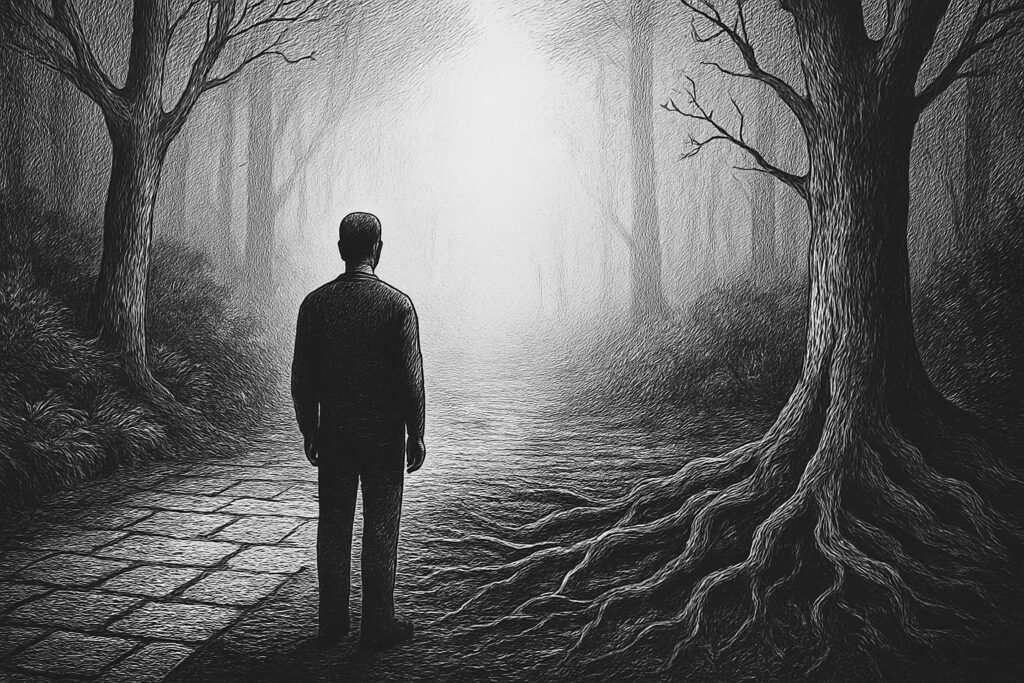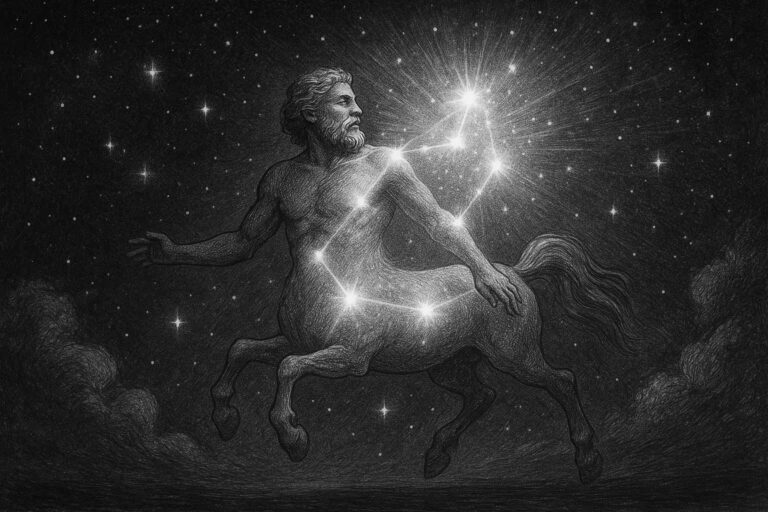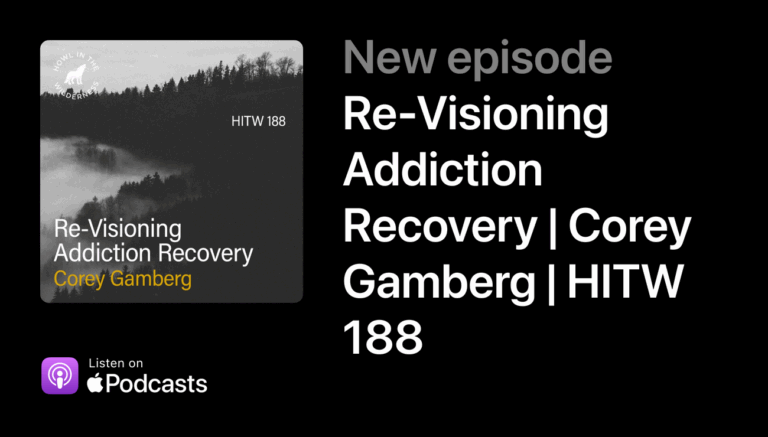Recovery begins with an initiation. Often it comes through ones collapse, what we refer to as “rock bottom”, rupture, or surrender. The collective recovery world is built to receive people at this threshold. It offers stability, interdependence, language, and ritual. It meets the desperate with order, and it offers the lost a path forward. And for many, it saves lives.
But initiation does not happen once.
And the collective recovery world, which is so effective at welcoming the broken – is often unequipped to receive the second initiation: the phase that comes after the initial fire has cooled, when the soul begins to stir within them again.
This second initiation comes quietly. It arrives not as a crisis, but as a question: “What now?”
It speaks not of survival, but of becoming. It doesn’t ask for obedience, it longs for depth.
And this is where the system begins to fail.
Because collective recovery, particularly in its programmatic forms—was not designed to initiate people into wholeness. It was designed to stabilize, and to correct. But it cannot complete the soul’s journey, because it was never meant to. It is simply a stop on the along the road.
When someone enters the post-recovery threshold, they are often met with confusion—or worse, dismissal:
- “You’re overthinking it.”
- “You need to hit more meetings.”
- “Just stick to the basics.”
- “Don’t let your ego talk you out of recovery.”
- “When is the last time you wrote inventory?”
But what’s rising in them is not ego, it’s psyche. It’s the next spiral of descent, the next myth beginning to unfold, and the system does not know how to speak that language.
So the initiate is left alone, lost.
They are in a liminal space: no longer in crisis, but not at peace. No longer sick, but not yet whole. And because the collective cannot mirror this stage, many begin to question themselves. They wonder if they’re ungrateful, if they’re weak, and worse if they’re failing…
But they are not failing.
They are simply no longer in a space that can carry their next becoming.
The tragedy is not that the collective failed them. The tragedy is that no one taught them the collective had limits…




